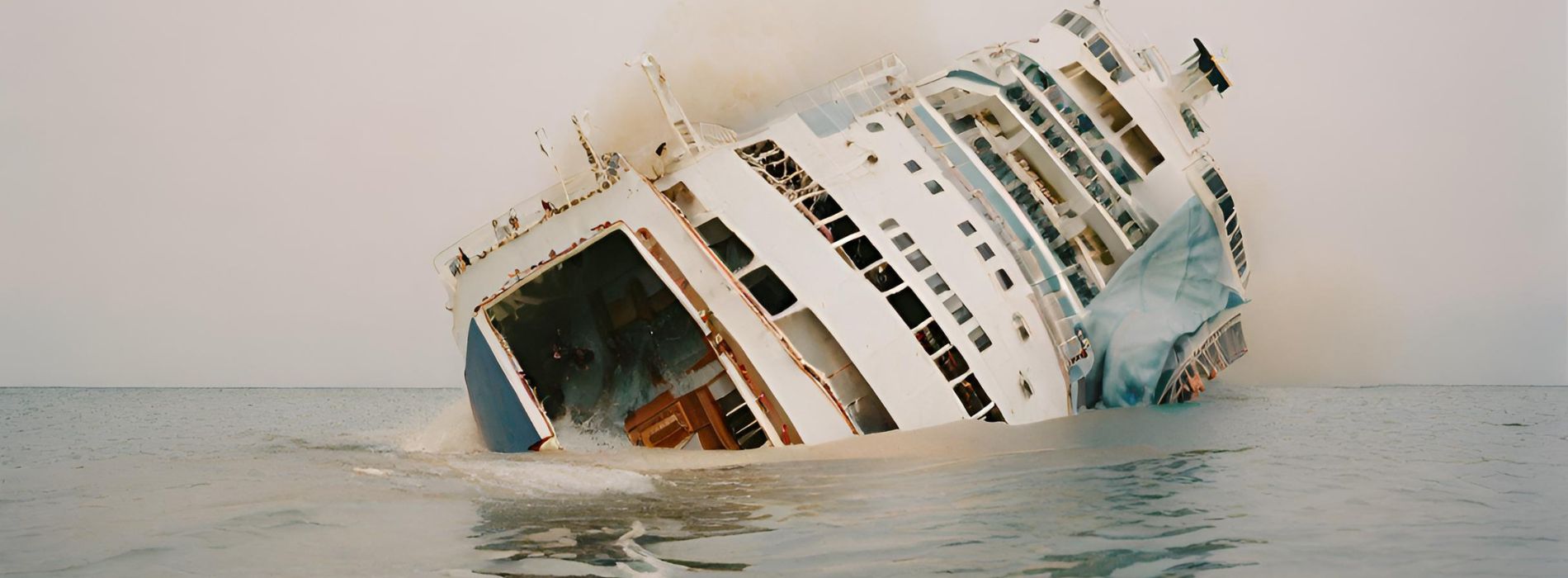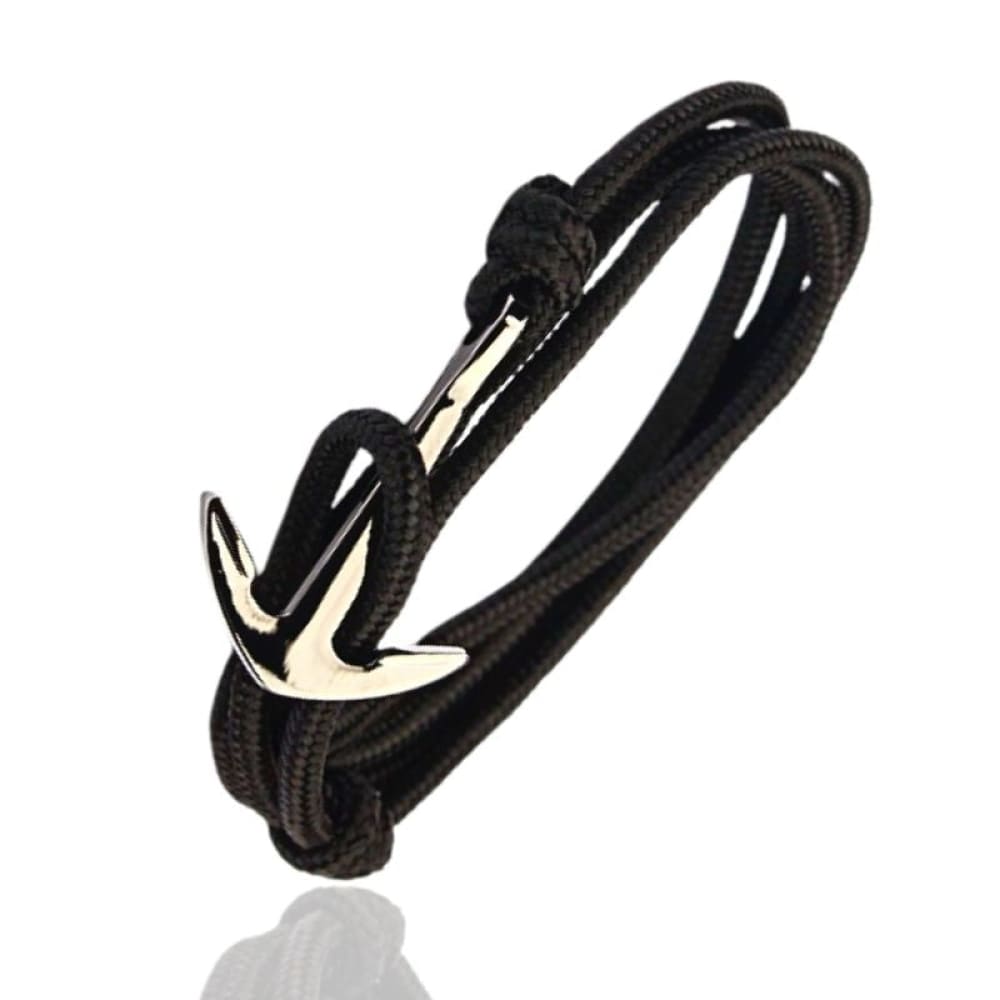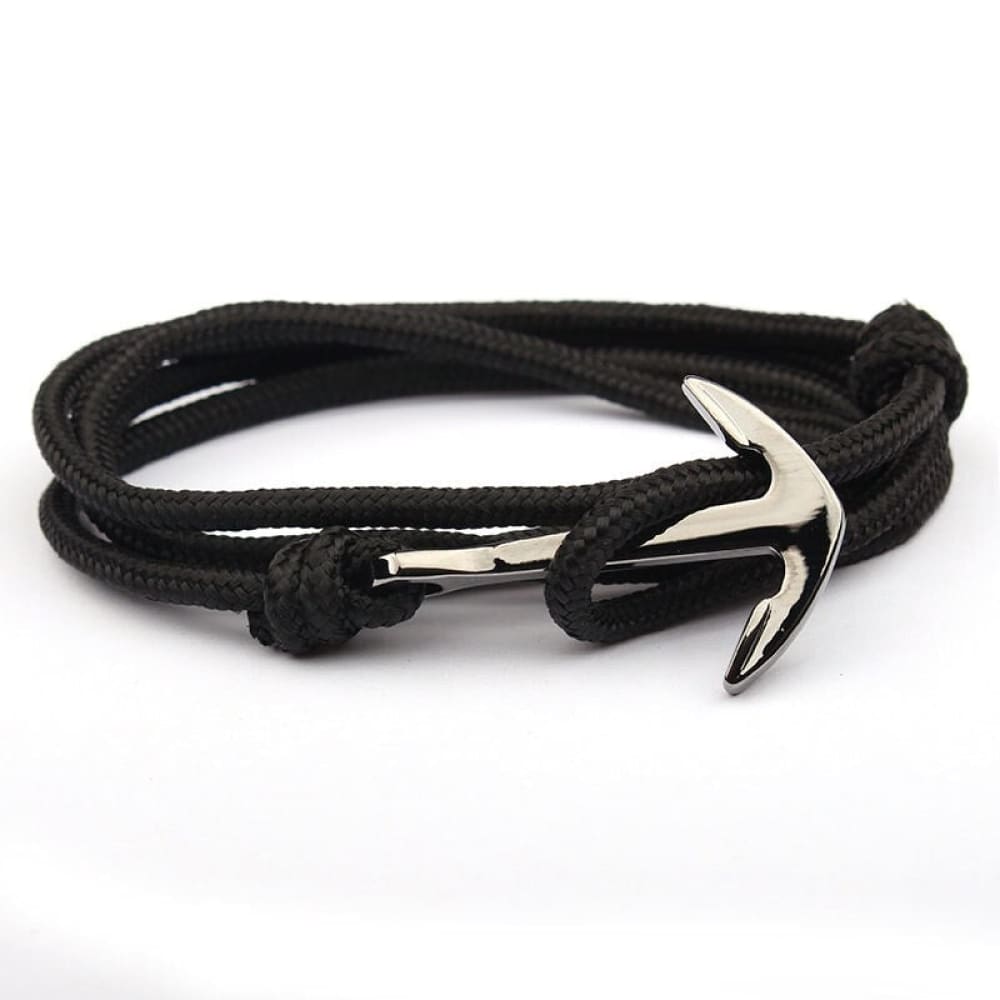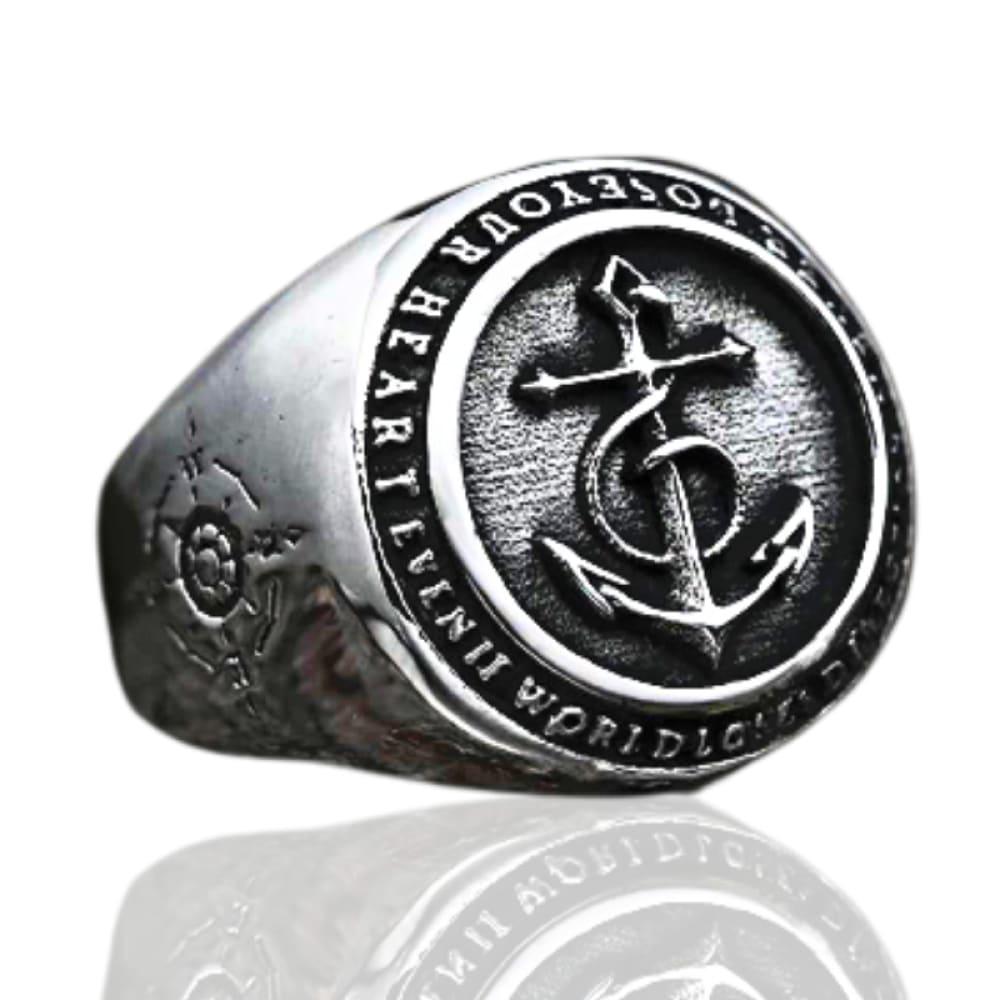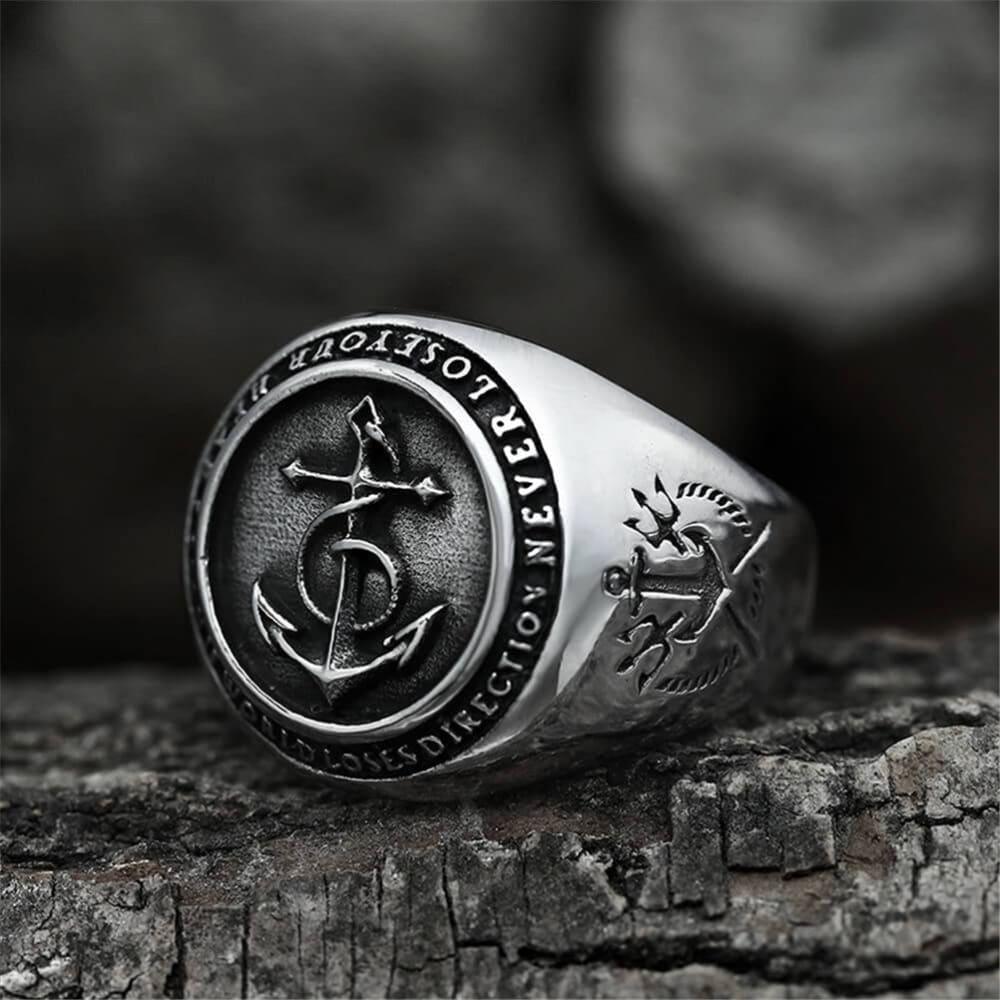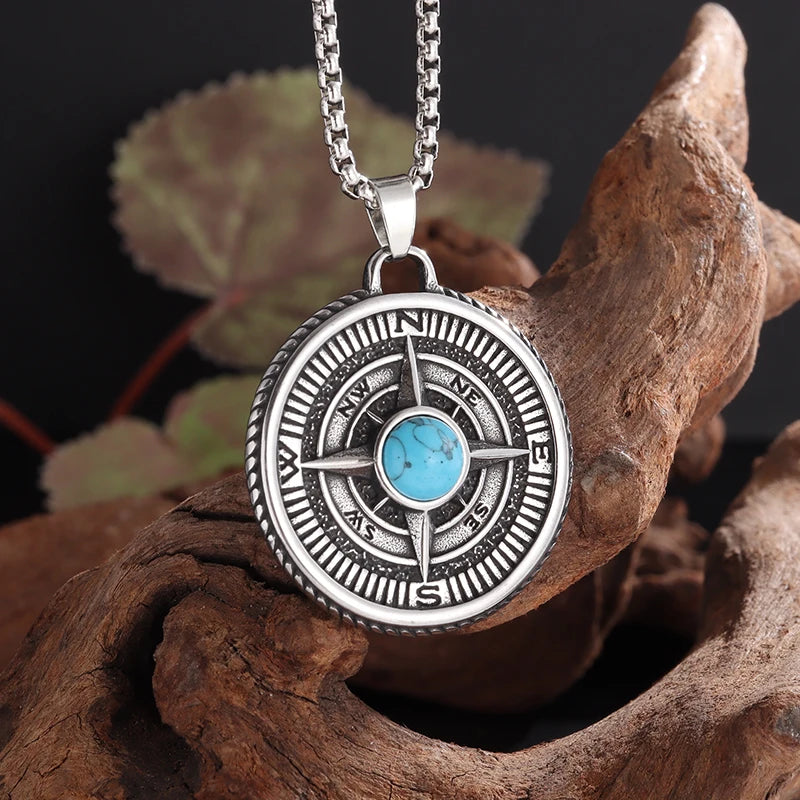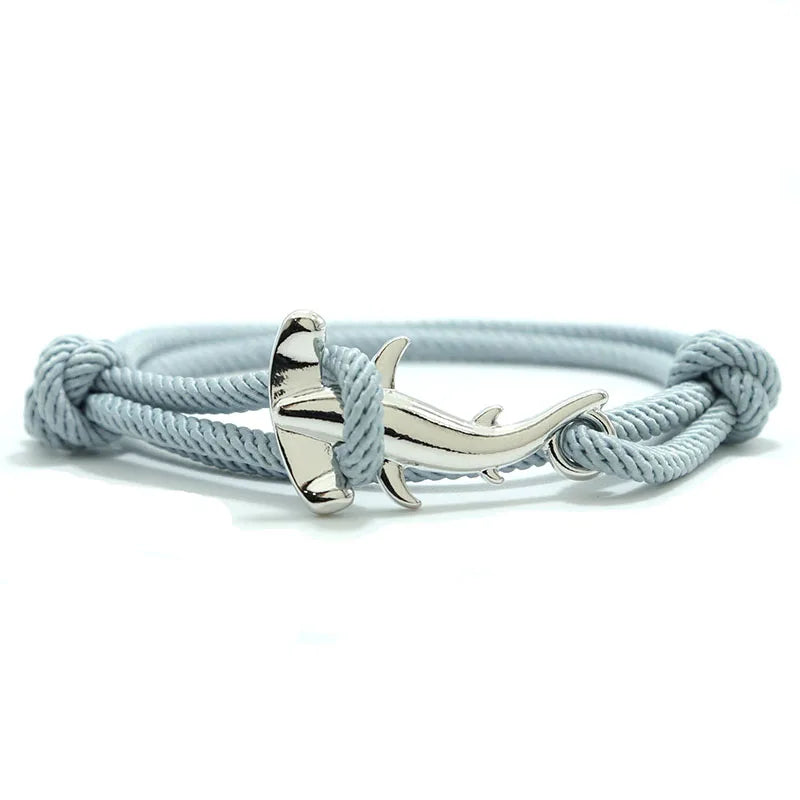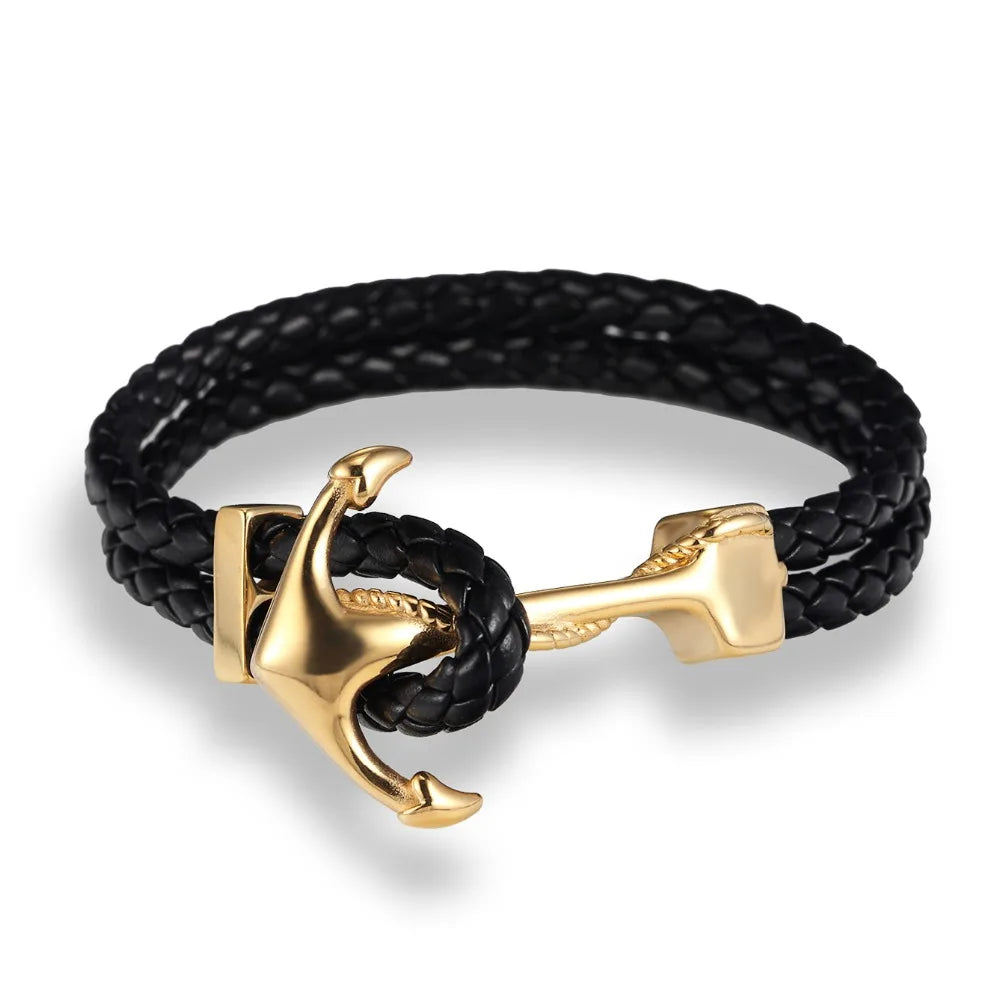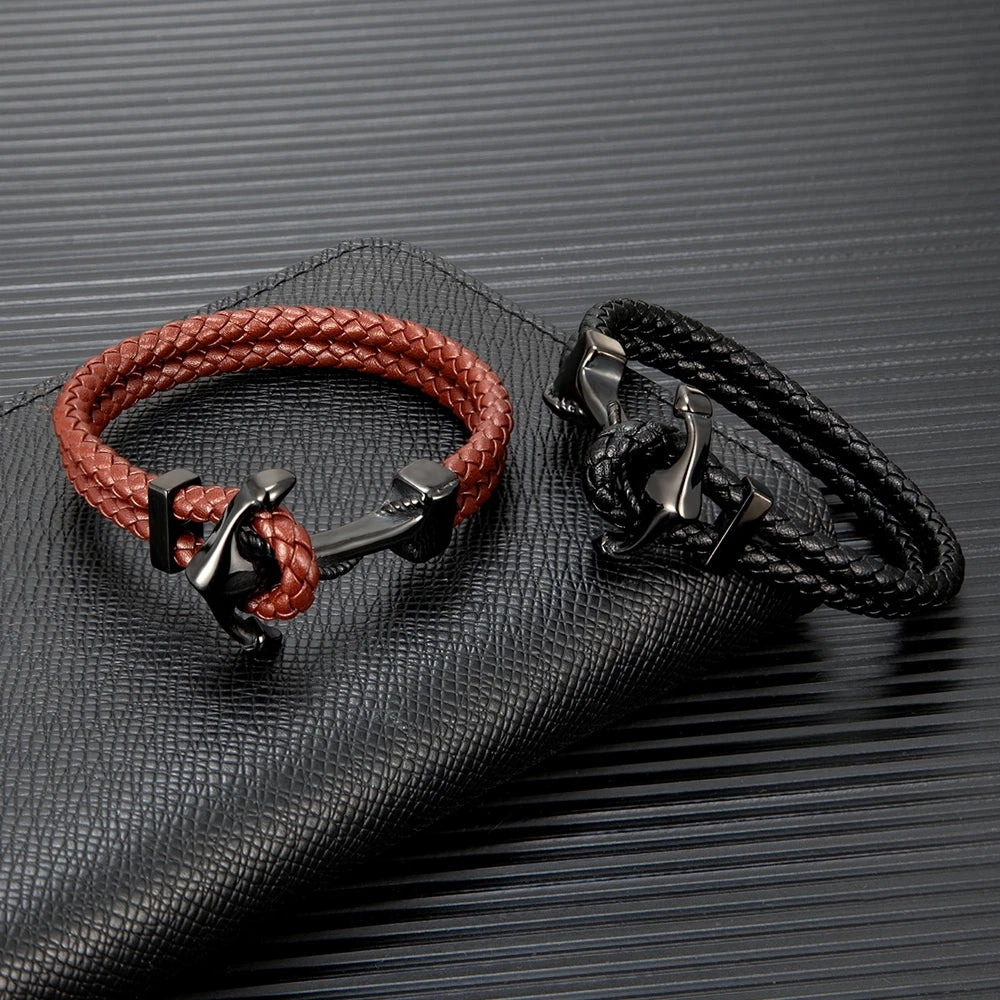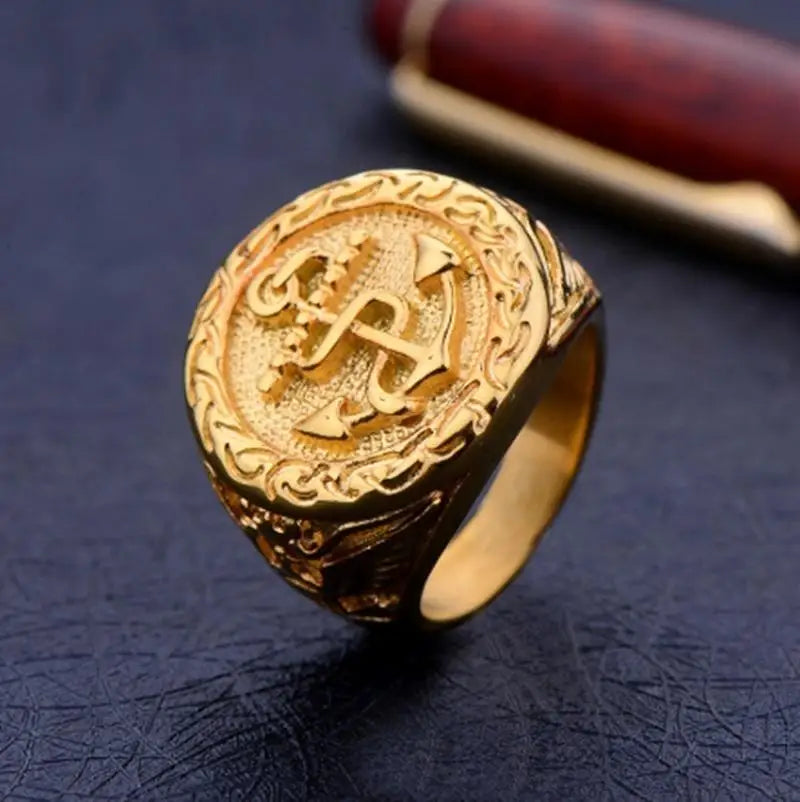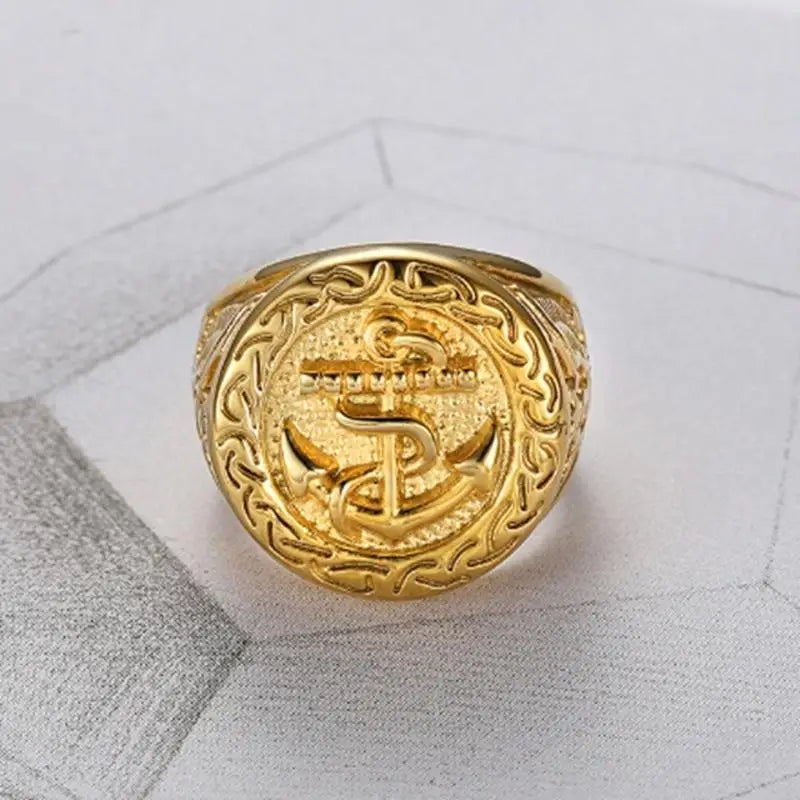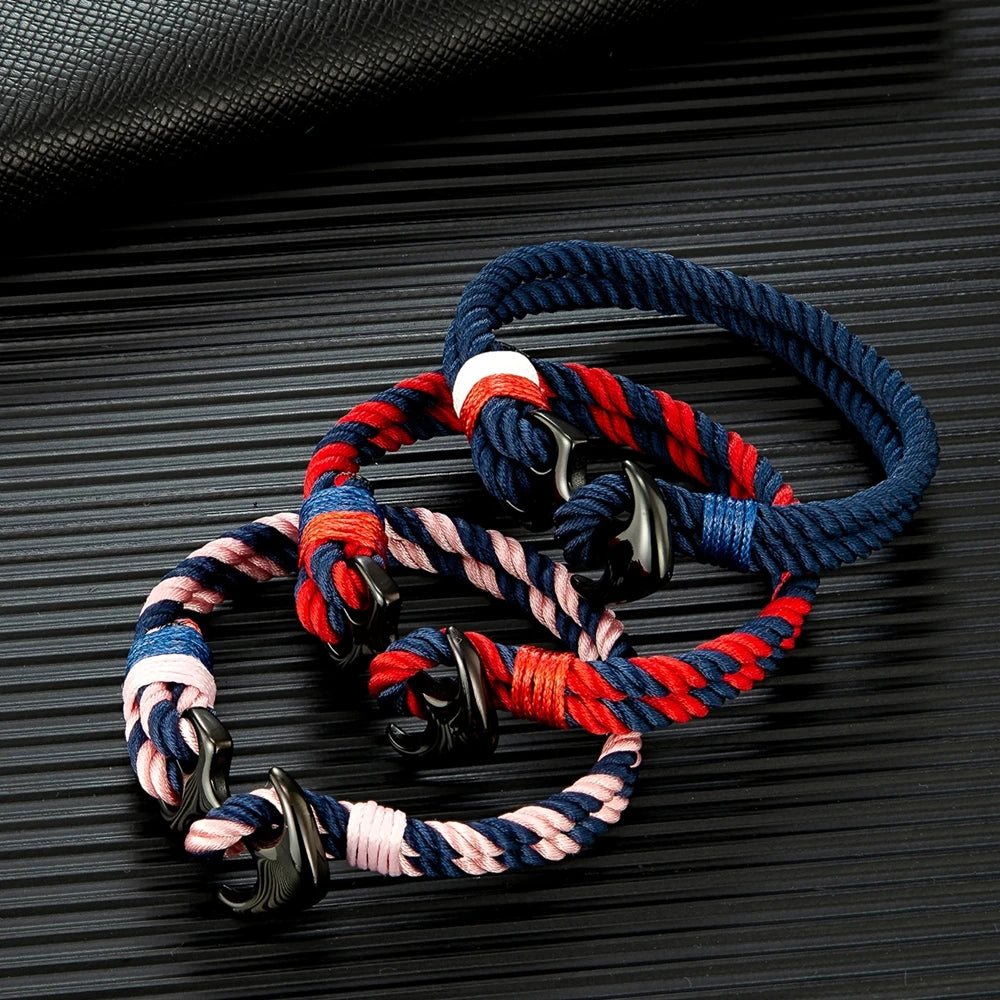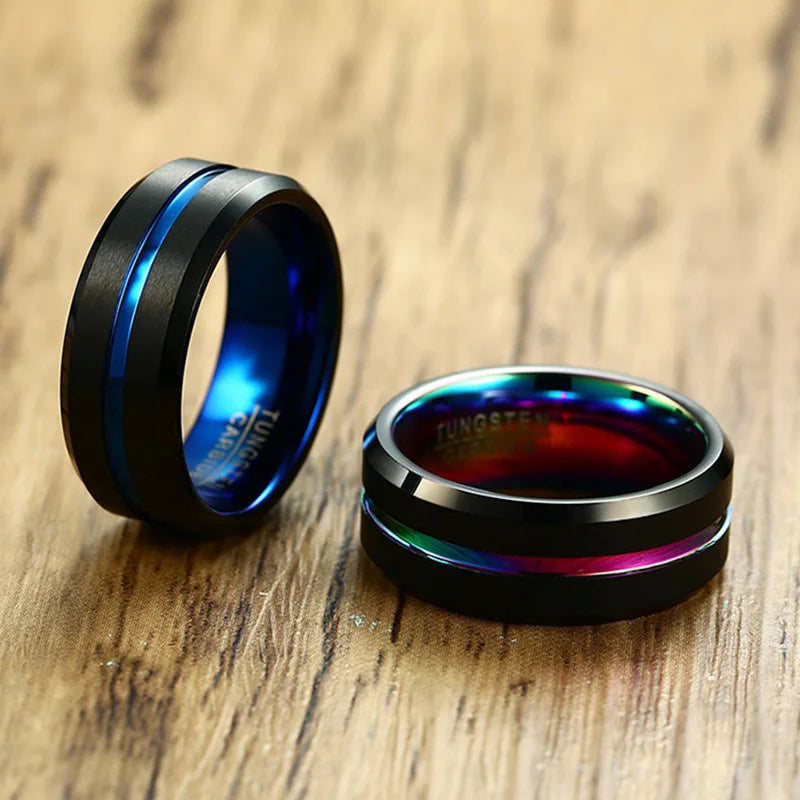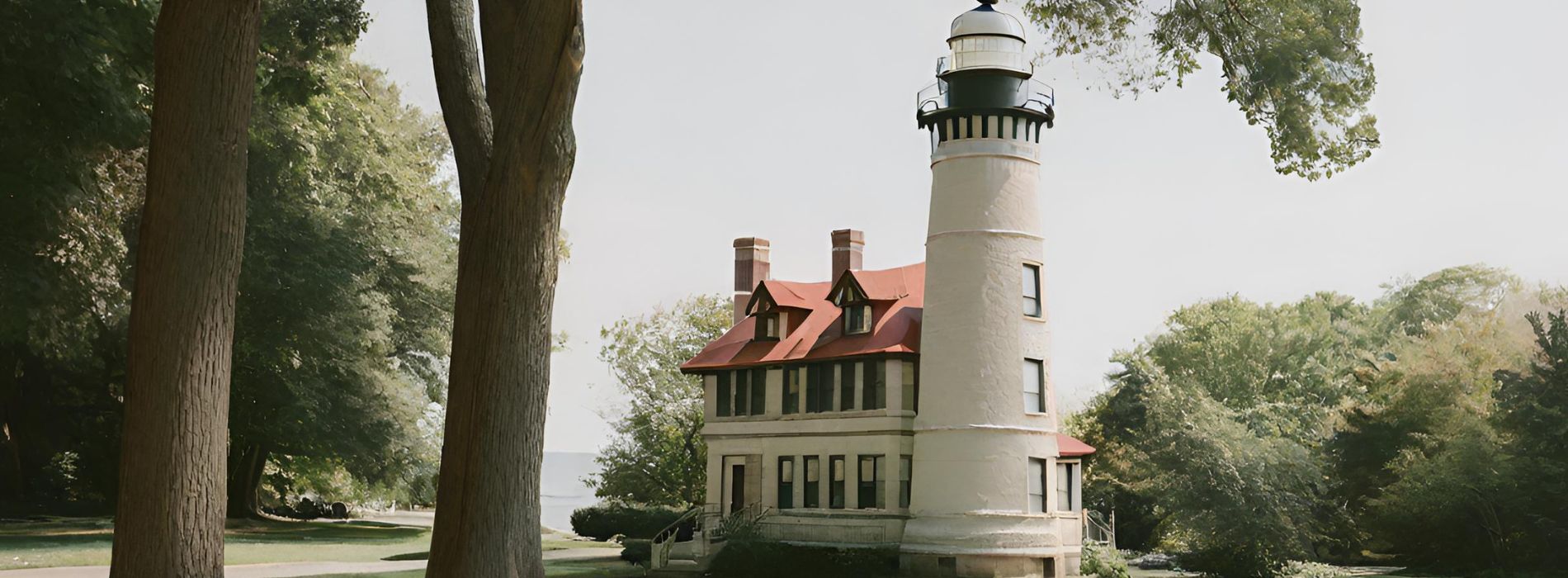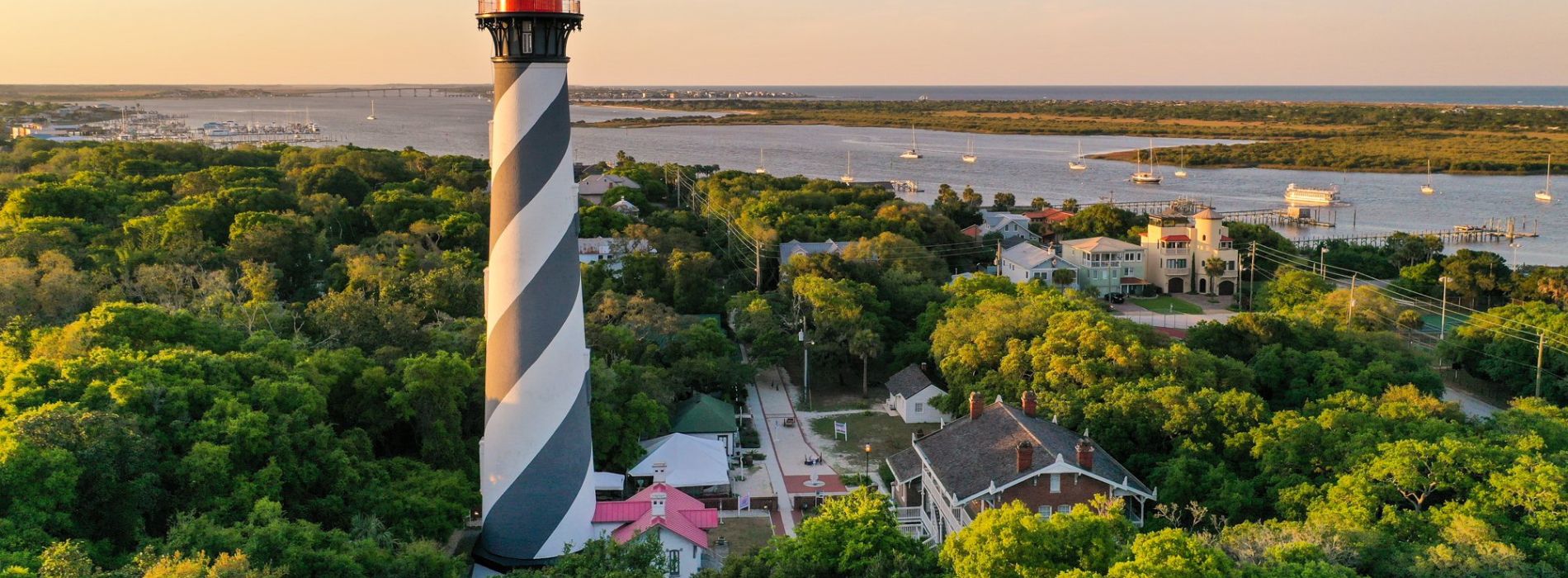A Closer Look at Cruise Ship Safety
The Safety of Cruise Ships
When it comes to the safety of cruise ships, many people wonder how often these floating cities encounter disaster. The truth is, the occurrence of cruise ship sinkings is quite rare. The cruise industry takes extensive measures to ensure the safety of passengers and crew members. From rigorous safety inspections to advanced navigation systems, cruise ships are equipped to handle various scenarios, including severe weather conditions and emergencies at sea.
Cruise ships are built with multiple layers of reinforced steel and other materials to ensure structural integrity and prevent accidents. They are equipped with state-of-the-art life-saving equipment, including lifeboats, life rafts, and life jackets, to ensure the well-being of everyone on board. Regular safety drills and training sessions are conducted for the crew to ensure they are prepared for any unforeseen events.
Cruise Ship Safety Measures
-
Safety Inspections: Cruise ships undergo regular safety inspections conducted by governing bodies such as the International Maritime Organization (IMO) and the United States Coast Guard (USCG). These inspections assess various aspects of a ship's safety, including fire prevention, emergency preparedness, and life-saving equipment.
-
Advanced Navigation Systems: Cruise ships are equipped with advanced navigation systems that help navigate through treacherous waters and avoid potential hazards. These systems use state-of-the-art technology, including GPS, radar, and sonar, to provide precise location and real-time information to the ship's crew.
-
Onboard Medical Facilities: Cruise ships have onboard medical facilities staffed with qualified medical professionals who can provide emergency medical care if needed. These facilities are equipped to handle a range of medical situations, from minor illnesses to more serious emergencies.
Cruise Ship Safety Training and Procedures
-
Crew Training: Cruise ship crew members undergo rigorous training programs to ensure they are prepared for emergencies and can assist passengers in case of an evacuation. They are trained in life-saving techniques, firefighting, and crowd management.
-
Emergency Drills: Cruise ships conduct regular emergency drills, including fire drills and abandon ship drills, to familiarize passengers and crew members with emergency procedures. These drills ensure everyone knows their roles and responsibilities in the event of an emergency.
-
Passenger Safety Briefings: Before setting sail, cruise ships hold mandatory passenger safety briefings where passengers are informed about safety procedures, the location of life-saving equipment, and emergency evacuation routes.
The Rarity of Cruise Ship Sinkings
Cruise ship sinkings are extremely rare occurrences. The vast majority of cruises are completed without incident, and the safety record of the cruise industry is very strong. In fact, modern cruise ships are designed with safety as a top priority, and significant advancements have been made to enhance passenger and crew safety over the years. While accidents can happen in any form of transportation, including cruise ships, the likelihood of a cruise ship sinking is minimal.
Various safety measures and regulations are in place to prevent accidents and ensure the safety of passengers and crew members. The cruise industry continuously invests in research and development to improve safety measures, emergency response capabilities, and vessel design.
Investigations and Learnings
-
Accident Investigations: In the rare instances when a cruise ship incident does occur, thorough investigations are conducted to determine the cause and prevent similar incidents in the future. These investigations involve multiple parties, including the cruise line, government agencies, and independent experts.
-
Industry-Wide Learnings: The cruise industry works collaboratively to share learnings from incidents and implement industry-wide safety improvements. This collaboration ensures that all cruise lines benefit from the knowledge gained through accident investigations and can continuously enhance safety measures.
-
Cruise Line Accountability: Cruise lines are held accountable for ensuring the safety of their passengers and crew members. They are subject to strict regulations and can face legal consequences if found negligent in maintaining safety standards.
Maintaining a Safe and Enjoyable Cruise Experience
While cruise ship accidents are rare, it is always important to prioritize safety during your cruise vacation. Here are a few tips to ensure a safe and enjoyable experience:
-
Follow Safety Instructions: Pay attention to safety briefings and instructions provided by the cruise line. Familiarize yourself with emergency exits, life-saving equipment locations, and evacuation procedures.
-
Stay Informed: Keep yourself updated on the weather and potential safety concerns in the areas you will be traveling to. Follow any instructions or guidelines provided by the ship's crew.
-
Be Responsible: Consume alcohol responsibly and avoid engaging in risky behavior. Follow all onboard rules and regulations to ensure the safety and well-being of yourself and others.
Emergency Preparedness Tips
-
Pack Essentials: Make sure to pack essential items such as medications, a first aid kit, and any necessary medical documents. It's also a good idea to have a travel insurance policy that covers emergency medical evacuation.
-
Communicate with the Crew: If you have any specific medical conditions or concerns, inform the cruise ship's crew before boarding. They can provide guidance and assistance to ensure your safety throughout the trip.
-
Stay Vigilant: While cruise ships are generally safe environments, it's always important to be aware of your surroundings and report any suspicious or potentially hazardous situations to the ship's crew.
Conclusion
In conclusion, the sinking of cruise ships is an extremely rare occurrence. The cruise industry prioritizes the safety of passengers and crew members through extensive safety measures, training programs, and advanced technology. Cruise ship accidents are thoroughly investigated to prevent similar incidents in the future, and the industry as a whole learns from these incidents to continuously improve safety standards. By following safety instructions, staying informed, and being responsible during your cruise vacation, you can enjoy a safe and memorable experience on the open seas.

